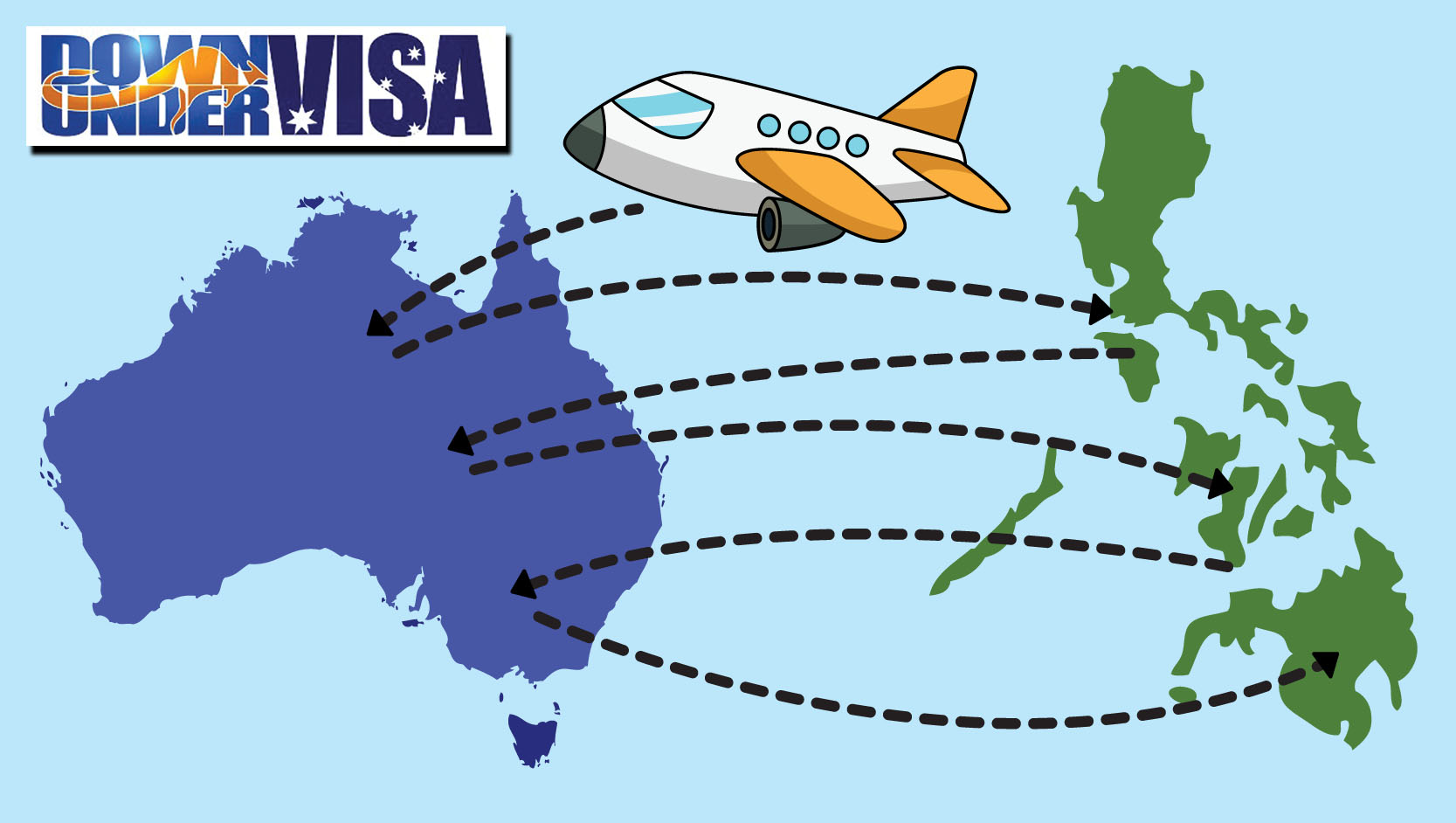
Australian Partner Visas for De Facto Couples
You feel you are in a de facto relationship (aka defacto relationship) with a lady from the Vietnam, or you want to be in a de facto relationship, and you want to bring your Vietnamese lady to Australia and live together permanently. Is this a mere formality, or is it complicated? We’ll clear this up for you.

DISCLAIMER
Information contained in this page is of a general nature. Informative, yes, but not a formula for preparing visa applications and should not be relied on as such. The devil is in the detail, rest assured. Australian migration law is complicated and Departmental decisions are inflexible and often final. Readers and future visa applicants and sponsors are advised to rely on professionals to ensure a happy outcome.
Partner Visa Prospective Marriage Visa De Facto VisaWhy do you need
a Migration Agent?
You can apply for a partner visa based on one of two scenarios:
Marriage
For an Onshore Partner Visa (ie. a partner visa applied-for inside Australia, with the Vietnamese applicant inside Australia when the visa application is lodged) you need to be legally married when we lodge the application. For an Offshore Partner Visa (ie. a partner visa applied-for outside Vietnam, with the Vietnamese applicant outside Australia when the visa application is lodged) you can be either legally married now, or will marry before the application is finalized (ie. not too long afterwards!)
De facto relationship
We may also apply for an Australian Partner Visa (either onshore or offshore) for Australian Vietnamese couples if you are NOW in an EXISTING de facto relationship for *12 months or more.
That means EXISTING. It does NOT mean you can get a partner visa and then start living together as a de facto couple. Sorry. There are no partner visa options for this, and you need to accept this.
And you need to also accept that you can’t expect the Department of Home Affairs (Immigration) to give you a 1 year tourist visa either, so you can build up the required 12 months for the relationship to be seen as long enough. Tourist visas are not designed for living-together purposes, and they will refuse such applications. *Note: This may be reduced under some circumstances, where you have a Registered Relationship. Right now these are available only in certain states, and each state has its own requirements. And note you cannot get a registered relationship if still legally married.
Read more: Registered Relationships
What is a de facto relationship
 A de facto relationship is a committed and exclusive relationship where you lead a truly shared-life together. Living together. A “live-in relationship”, as they call it in Vietnam. Setting up house together. This requires a large number of very specific things to be in place, and generally a large number of changes in your lifestyle. A de facto relationship is like a marriage minus the marriage certificate. You live together in a committed relationship to the exclusion of all others, and share your life together as if you were a married couple. That means a shared life, where you think and act as “us” rather than “me”. In other words it’s more than just sharing a roof and sharing a bed. It means a full commitment, and not just trying each other on for size to see if you wish to take things further. The commitment needs to have already happened, and it needs to be with the intention of remaining together forever.
A de facto relationship is a committed and exclusive relationship where you lead a truly shared-life together. Living together. A “live-in relationship”, as they call it in Vietnam. Setting up house together. This requires a large number of very specific things to be in place, and generally a large number of changes in your lifestyle. A de facto relationship is like a marriage minus the marriage certificate. You live together in a committed relationship to the exclusion of all others, and share your life together as if you were a married couple. That means a shared life, where you think and act as “us” rather than “me”. In other words it’s more than just sharing a roof and sharing a bed. It means a full commitment, and not just trying each other on for size to see if you wish to take things further. The commitment needs to have already happened, and it needs to be with the intention of remaining together forever.
But how can we do this if we can’t get a 12 month tourist visa?
Firstly, remember that an Australia visa is a grant and is not a “right”. Don’t approach the Department as a service agency where they have a duty to make this easier for you. They don’t. You have to do the work. Secondly, look at the FAQ below. You need to start living together (either in Australia or Vietnam, or a combination of both) and you need to set up a household that reflects your shared-life together, but if you need to be apart due to unavoidable circumstances (like a lack of a 12 month tourist visa), this is not actually a problem.
De Facto Relationship Pros and Cons
(In addition to pros and cons for other partner visas)



















 A de facto relationship is a committed and exclusive relationship where you lead a truly shared-life together. Living together. A “live-in relationship”, as they call it in Vietnam. Setting up house together. This requires a large number of very specific things to be in place, and generally a large number of changes in your lifestyle. A de facto relationship is like a marriage minus the marriage certificate. You live together in a committed relationship to the exclusion of all others, and share your life together as if you were a married couple. That means a shared life, where you think and act as “us” rather than “me”. In other words it’s more than just sharing a roof and sharing a bed. It means a full commitment, and not just trying each other on for size to see if you wish to take things further. The commitment needs to have already happened, and it needs to be with the intention of remaining together forever.
A de facto relationship is a committed and exclusive relationship where you lead a truly shared-life together. Living together. A “live-in relationship”, as they call it in Vietnam. Setting up house together. This requires a large number of very specific things to be in place, and generally a large number of changes in your lifestyle. A de facto relationship is like a marriage minus the marriage certificate. You live together in a committed relationship to the exclusion of all others, and share your life together as if you were a married couple. That means a shared life, where you think and act as “us” rather than “me”. In other words it’s more than just sharing a roof and sharing a bed. It means a full commitment, and not just trying each other on for size to see if you wish to take things further. The commitment needs to have already happened, and it needs to be with the intention of remaining together forever.










 Multiple Entry Tourist Visas – The Reality
Multiple Entry Tourist Visas – The Reality Still married but want an Australian Partner Visa
Still married but want an Australian Partner Visa Welcome to Down Under Visa – Australian Partner Visa Specialists
Welcome to Down Under Visa – Australian Partner Visa Specialists Australian Partner Visas and New Families (ie babies arriving soon)
Australian Partner Visas and New Families (ie babies arriving soon) Down Under Visa – 2024 Christmas Vacation Dates
Down Under Visa – 2024 Christmas Vacation Dates



0 Comments